Dr. Christine Courtois on Parenting: VIDEO
Dr. Christine Courtois discusses optimal parenting strategies.
The following transcript contains part of an exclusive interview with Dr. Lisa Firestone and Dr. Christine Courtois.
CC If I were to talk to parents about parenting, I would give them the message to really cherish their child and to do whatever they could to promote the child’s self esteem because that’s resilience for the child and also to be very mindful of “words hurt” and how much damage they can do with words and to be very careful and mindful of that.
Also, I would talk to them about repair. I think a lot of parents don’t know that once a mistake is made or once they’ve “stepped into it,” so to speak or they’ve lost their temper or whatever, they can then go back and repair. And it’s those repair experiences that are so significant that let the child know that they’re responded to, they’re in the parent’s mind. The parent is mindful of having mis-stepped and come forward and tried to make up for and let the child know again that they’re cherished.
LF When parents kind of lose it with kids or when they find themselves struggling, what do you think is going on for them, that might be leading to that?
CC Umm, a variety of things. It could be their own history. It could be that the stress that they’re under in their own relationship or in the family, could be outside stressors on the family. It could be the child and possibly a mismatch in their temperaments. Or, like we know, the teenage years are so delightful for parents. I think it could be any of those things. So we’re not talking about perfect parenting. And, you know, I think that would be another thing that I would convey. That as parents, you’re not going to be perfect and we’re talking about “good enough” in the sense that we understand it psychologically and that when you make a mistake, the most important thing for you to do is own it and go back and repair it. And I think I would also be talking about the significance of responding. That what that communicates is, “You are important and you are in my mind and I care about you and I’m reflecting that back to you.”
LF And what does the parent look like? What would a parent do if they’re trying to repair with a child? Like maybe they’ve yelled or they’ve done something that they’re not very proud of …
CC To go back and just say, “Susie Q, you know, I realize that I was a bit out of control or I said some things that I wish I hadn’t said. And I want to come back and just let you know that I’m aware of that and I’m going to try not to do that again. Maybe you have some feelings about it and maybe you’d like to tell me about it and, you know, is there anything I can do to make it better? And I really am sorry that I did that.”
And I think as we’re getting more and more information about the importance of relational repair through the attachment work and relational work that’s being done with relational, the importance of relational context, I think we can start putting that into parenting and suggest it as a strategy and an effort.
Order the Full DVD Interview:
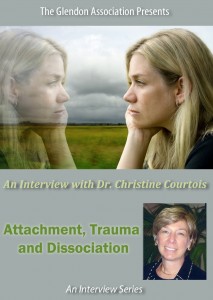 Attachment, Trauma and Dissociation
Attachment, Trauma and Dissociation
In this DVD, Dr. Christine Courtois draws upon her expertise in the field of trauma to discuss a variety of trauma related topics. She begins by talking about her work with survivors of childhood trauma, including the roles of attachment and dissociation. Dr. Courtois discusses the concept of the ‘Critical Inner Voice’ and Voice Therapy. She addresses how families can be a source of trauma, citing that statistically speaking “the most dangerous people to children are their intimates.” Dr. Courtois places an important emphasis on the extent to which individuals often minimize complex trauma, essentially saying of their abuse “Aw, it wasn’t so bad.” She discusses trauma bonding, repetition of trauma, and the treatment of violent individuals. Finally, Dr. Courtois offers some optimal parenting strategies “to promote the child’s self esteem” including building resilience and repairing negative experiences so that the child feels responded to and cared about.
Tags: parenting, video

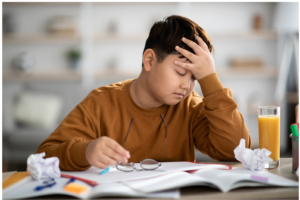
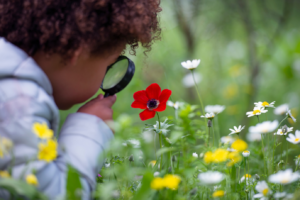
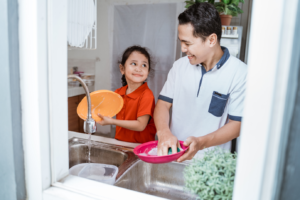


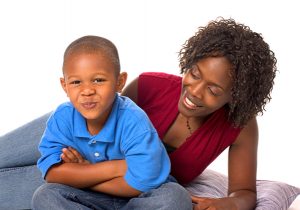
Leave a Reply